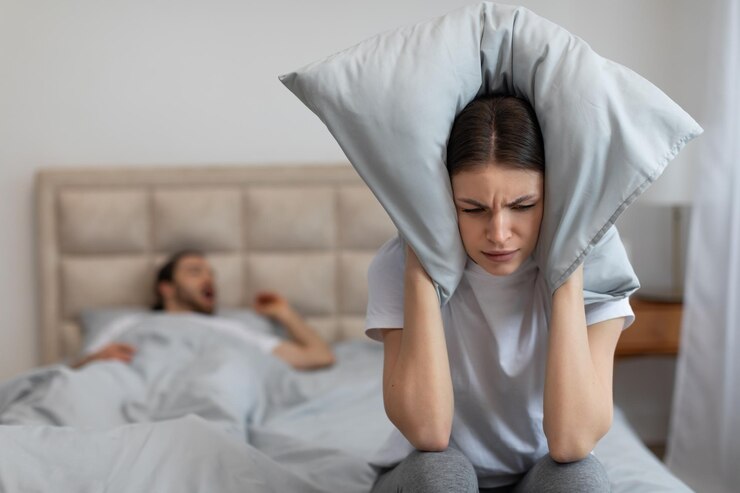Snoring can be more than just a nuisance—it can disrupt your sleep, affect your quality of life, and even strain relationships. Fortunately, there are various treatments available to help alleviate snoring and improve sleep quality. However, choosing the right snoring treatment can be challenging, as the effectiveness of each treatment can vary depending on the underlying cause of snoring. In this blog post, we’ll provide a comprehensive guide to choosing the right snoring treatment to help you find relief and enjoy restful sleep.
Understand the Underlying Cause:
Before exploring snoring treatment options, it’s essential to understand the underlying cause of your snoring. Snoring can be caused by various factors, including:
- Obstructive Sleep Apnea (OSA): A condition characterized by partial or complete blockage of the airway during sleep, leading to pauses in breathing and snoring.
- Nasal Congestion: Blocked nasal passages due to allergies, colds, or anatomical issues can contribute to snoring.
- Overweight or Obesity: Excess weight can lead to the accumulation of fatty tissues in the throat, narrowing the airway and causing snoring.
- Alcohol Consumption: Alcohol relaxes the muscles in the throat, increasing the likelihood of snoring.
- Sleeping Position: Sleeping on your back can cause the tongue and soft tissues in the throat to collapse, leading to snoring.
By identifying the underlying cause of your snoring, you can narrow down treatment options that target the specific factors contributing to your snoring.
Lifestyle Modifications:
In many cases, lifestyle modifications can help reduce or eliminate snoring. These may include:
- Weight Loss: If you are overweight or obese, losing weight can reduce the fatty tissue in the throat, opening up the airway and reducing snoring.
- Avoiding Alcohol and Sedatives: Limiting alcohol consumption and avoiding sedatives before bedtime can help prevent muscle relaxation in the throat, reducing the risk of snoring.
- Changing Sleep Position: Sleeping on your side instead of your back can prevent the tongue and soft tissues in the throat from collapsing and causing snoring.
Continuous Positive Airway Pressure (CPAP) Therapy:
For individuals with obstructive sleep apnea, CPAP therapy is often the first-line treatment. CPAP involves wearing a mask connected to a machine that delivers a continuous flow of air to keep the airway open during sleep. While CPAP can be highly effective for treating sleep apnea and reducing snoring, some people find the mask uncomfortable or difficult to tolerate.
Oral Appliances:
Dental devices, such as mandibular advancement devices (MADs) and tongue retaining devices (TRDs), can help alleviate snoring by repositioning the jaw or tongue to keep the airway open during sleep. These devices are custom-made by a dentist and are designed to be worn during sleep. Oral appliances may be recommended for individuals with mild to moderate obstructive sleep apnea or those who cannot tolerate CPAP therapy.
Surgery:
In some cases, surgery may be recommended to address anatomical issues contributing to snoring. Surgical procedures such as uvulopalatopharyngoplasty (UPPP), septoplasty, and turbinate reduction surgery can help widen the airway and reduce snoring. However, surgery is usually considered a last resort after other treatment options have been exhausted.
Choosing the right snoring treatment depends on various factors, including the underlying cause of your snoring, your preferences, and your overall health. By understanding the factors contributing to your snoring and exploring different treatment options with the guidance of a healthcare professional, you can find a solution that effectively addresses your snoring and improves your quality of sleep.
Whether it’s lifestyle modifications, oral appliances, CPAP therapy, or surgery, taking steps to address snoring can lead to better sleep and overall well-being. If you’re struggling with snoring, don’t hesitate to consult with a healthcare provider to explore your treatment options and find relief.



